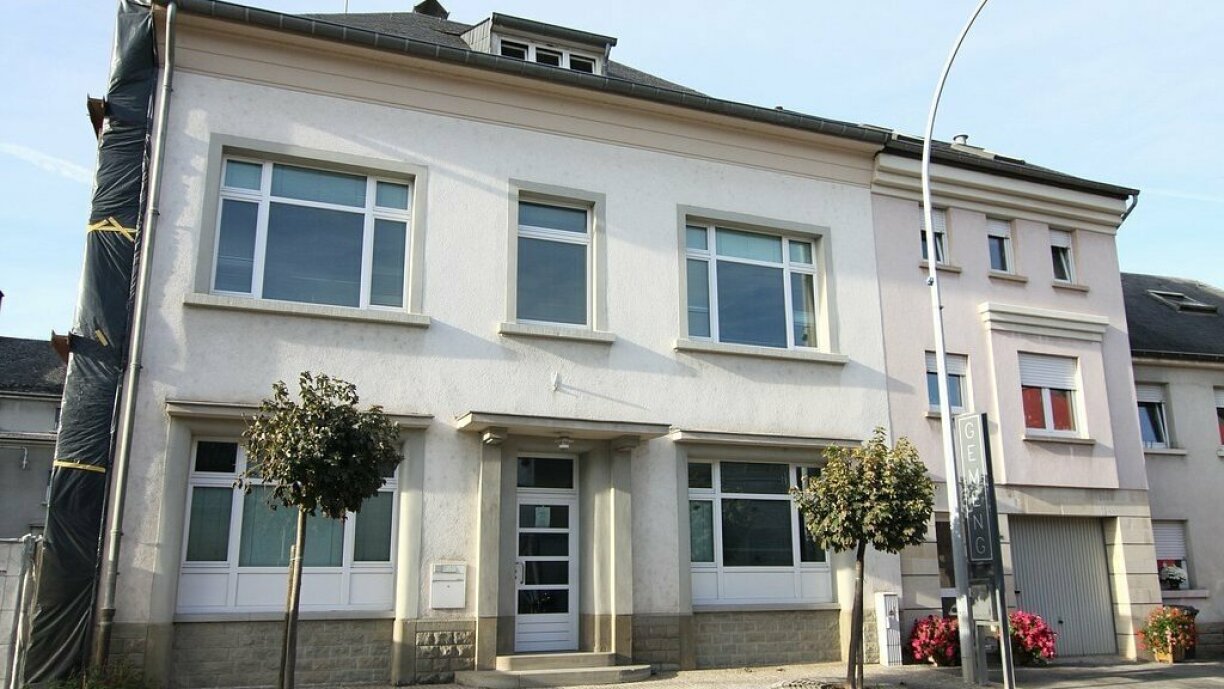
However, it took until 1 September before the mayor was able to assume his position in the new merger municipality of Bous-Waldbredimus. The majority of his early days have been dedicated to finalising the process of merging the two communes.
The merger entails the harmonisation of numerous regulations from both former municipalities, including matters related to waste management, policing, traffic regulations, and water supply. Da Costa noted that they have sought inspiration from texts and practices in other eastern municipalities, primarily within the Remich canton, to guide this alignment process.
One critical aspect of this merger is water pricing, which varies between the two municipalities. In Bous, the variable rate is €2.80 per cubic metre, while in Waldbredimus, it stands at approximately €2. The aim is to ensure that water prices in the merged municipality remain cost-neutral, as is the case in Bous.
Concerning potential price adjustments, Da Costa commented, “We definitely can’t lower the water tax, considering that it already merely covers costs in Bous.”
In addition, the merger necessitates the alignment of collective agreements for municipal workers.
One of the most significant upcoming projects is the construction of a new town hall in Waldbredimus, with work expected to start next year. Da Costa emphasised the importance of this project, as it would consolidate various services that are currently scattered across different locations.
He stated, “The town hall really needs to be tackled as soon as possible, since we’re working on two sites at the moment.” Da Costa explained that “it’s currently a lot of back and forth” and he believes that consolidating the different services at a single location will contribute to a smooth running of municipal affairs.
The municipality is also considering various other projects, such as creating a new recreation room for municipal workers in Trintange and transforming the old rectory in Waldbredimus into a cultural centre. The timing of these projects depends on the progress of ongoing initiatives from the previous legislative term.
Despite some uncertainties, Da Costa affirmed that the municipality is in good financial standing. The atmosphere within the new municipal council is reasonably positive but somewhat ambiguous. During the initial meetings, they appointed a new collector and distributed the different municipal syndicates. For the time being, monthly meetings are planned, with an eye on advancing the merger process efficiently.
Related
100 days in office: Steinsel coalition highlights future projects and challengesEchternach: New municipal coalition hampered by financial difficultiesDifferdange: 1,000 applications for just 80 affordable flatsVianden’s new mayor reflects on first 100 days: Public pool to reopen 2024, Tandel merger under consideration